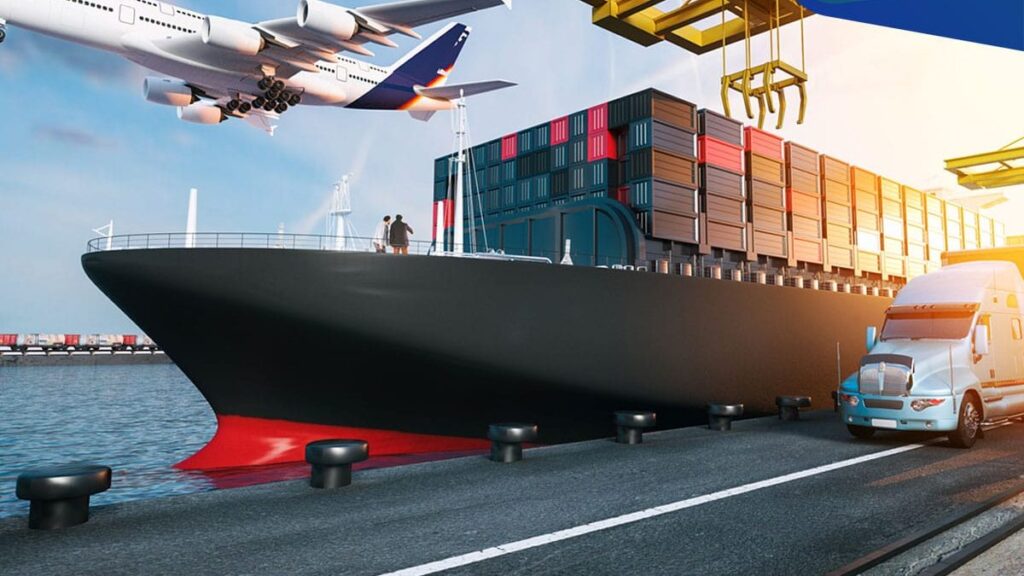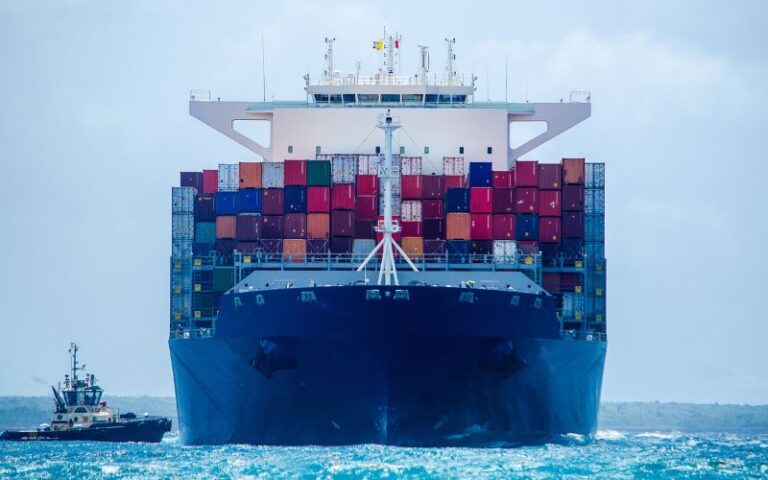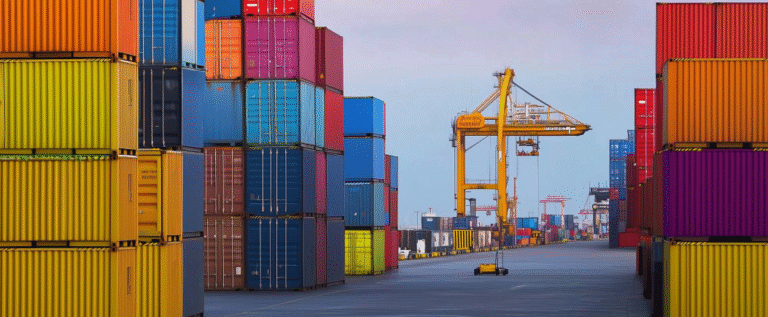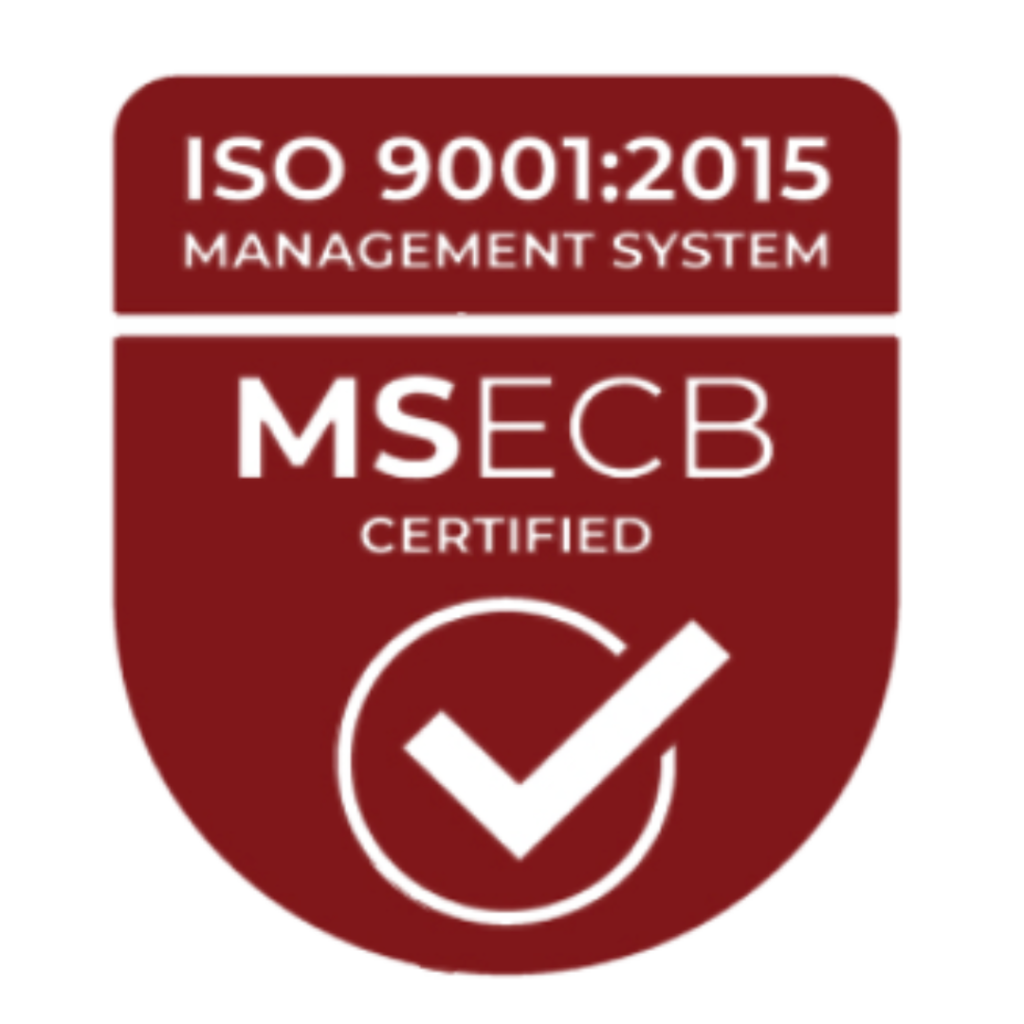In Africa’s busy, unpredictable ports, reliable local representation is crucial for success. Whether you’re a freight forwarder, equipment lessor, or vessel operator, a trusted local agent can make or break your operations. With the right representation, you’ll navigate shifting conditions, ensure compliance, and keep cargo moving smoothly.
Discover why a strong local presence is essential for shipping companies worldwide, particularly in West Africa and Nigeria.
1. Expedite Quick Customs Clearance & Port Processes
Having an experienced local agent introduces accelerated turnaround time, along with efficient ports. Local agents know the customs rules, procedures, as well as port procedures, where various governing bodies rule with overlapping mandates. They can:
- Simplify prompt cargo declaration, duty determination, and smooth application of temporary/permanent importation procedures
- Obtain supporting permits, licenses, waivers, etc. from customs, NPA, NIMASA, & other regulators
- Anticipate usual grounds for cargo detention, penalty, or demurrage by addressing errors in documents or the classification of cargo before they become a problem
- Operationalize the port health check, crew immigration clearance, and quarantine clearance with existing government agency contacts
It matters, particularly in Nigerian ports such as Apapa, Tin Can Island, Onne, and Warri, where backlog can balloon its way into massive losses in dollars. Ground experience could bulldoze papers over, take unscheduled inspections, smooth clearance snags, and get it done without breaking a sweat.
2. Real-Time Communication & Regulatory Updates
It cannot efficiently communicate for global marine logistics. Delays in port calls may cause the loss of loading windows by ships or the accrual of rising demurrage charges. A good local agent:
- Offers current information about cargo arrivals, discharge activities, customs clearing, and berthing operations
- Provides early notice on regulatory updates, like customs valuation code updates or terminal handling charge updates
- Serves as your ground man who appears at general boarding meetings, negotiates port services, and represents your stand if cargo is disputed.
By eradicating the time difference and operational inequality among Nigerian ports’ players and international shipowners, home agents remove uncertainty from your supply chain while cutting disruptions.
3. Enhanced coordination with Port Authorities
In Nigerian and other West African ports, familiarity and trust sometimes matter over paper. Terminals with old-established local agents have the institutional goodwill that keeps the operation going, their fortunes notwithstanding. Local shipping agencies:
- Ensure close working relationships with all the authorities, including the Nigerian Ports Authority (NPA), Nigerian Maritime Administration and Safety Agency (NIMASA), Nigerian Customs Service (NCS), and Port Health
- Manage disputes, docu-check discrepancies, and check-processing delays better with personal rapport and well-established credibility
- More likely to experience quicker berthing verification, speed up inspection schedules, and clear cargo release permission—off-peak hours or operations congestion, giving examples.
In the major Nigerian ports, such as Lagos (Apapa, Tin Can), Warri, Onne, and Port Harcourt, this type of access isn’t an option; it’s a given. The process will stall with congestion, labor strikes at the ports, lack of power, or redundant inspections. Local agents who are “known faces” get the process going where others see obstacles.
4. Robust Crisis Management & Contingency Solutions
Port uncertainty demands instant access if you experience emergencies. It can be loss of cargo, stranding, fuel spill, or interdiction of employees; you want individuals with ground presence whom you can call right away. Local shipping agencies offer:
- Clear communication with emergency response team contact—maritime police, fire department, medical response teams, or spill containment teams
- Pre-coordinate with tugboats, pilots, or harbor safety officials to enable the prevention of on-water collisions
- Live negotiation with terminal masters’ offices/terminal masters, emergency berths, amendments while offloading cargo, or authorization for vessel diversion
Their experience with escalation protocols, doc channels, and emergency contacts turns a potential multiday problem into an hours, not days, problem. In congested ports, speed with local response is the distinction between a minor delay and an expensive disaster.
5. Temporary Import and Re-export Assistance
Temporary offshore importations for specialty projects, machine maintenance, or offshore facilities require attentive customs coordination. A local maritime partner will be capable of:
- Obtain temporary importation licenses and bonds from Nigerian Customs
- In coordination with quarantine, NAFDAC, SON, and other clearance agencies
- Tracking shipment until re-exportation or final delivery is effected
Without proper representation, these procedures may take years with massive demurrage charges piling up or seizure, at the instance of negligence of deadlines.
6. Minimised Operational Risk and Legal Exposures
Doing business abroad is fraught with legal danger, from labor issues to green laws. Proposed area representatives:
- Add information on local labor laws, stevedoring operations, and the union’s rules
- Support interpretation of port legislation and environmental legislation (e.g., MARPOL, oil spill protocol)
- Be your legal representative while dealing with cargo disputes, port detention, or regulator investigations
It works well under emergencies in Nigeria, where harbor regulation compliance requirements shift frequently and enforcement is spasmodic.
7. Vendor Coordination & Cost Control, Localized
Port activities usually include third-party operators like:
- Stevedores
- Surveyors
- Bunker suppliers
- Tugboat and pilotage providers
- Cargo handlers
A licensed area agent ought to:
- Gain access to ultra-prequalified, budget-friendly vendors with superb credentials
- Lock in improved volume or long-term partnership pricing
- Track your service performance to effectively deliver without delays.
These contracts significantly minimize the danger of overcharging, substandard service, or unauthorized charges.
8. Support Staff and Onboarding Requirements
An experienced marine representative handles crew welfare and facilitates shipboard operations by:
- Authority over immigration procedures and shore clearances
- Coordinating medical care, crew rotation, and logistics operations
- New water supplies and a spare parts shipping organization
- Supplying port safety training and security assistance in higher-risk terminals
Crew welfare impacts a vessel’s performance directly, thus this support.
9. Local Intelligence Supports Strategic Decision-Making
Local presence adds value that none of the remote services offer:
- Port operations in real time, terminal effectiveness, and operation delay monitoring
- Notice of possible port authority strikes, dredging, or access restrictions
- Information regarding charges while berthed at ports, levies, and unofficial bottlenecks that could affect cost and time
It allows improved routing, budget, and schedule decisions.
10. A Name That Opens All Doors
In West African ports, perception sometimes trumps process. An old-established local agent:
- Demands that shipping, customs authorities deliver quickly.
- Avoids Unnecessary Inspection or Re-inspection
- It’s been specially focused on jam-packed terminals or itchy schedules.
Shipping firms without home-based roots can find it difficult to break out of institutional bias or parity. The right representative has credibility lending you.
Conclusion: Scale Global, Build Local
In the big-game blue economy of Africa, aggressive local advocacy isn’t a nicety; it’s a necessity. From customs clearance to crises, your shipping agent determines how fast, legally, and affordably your cargo traverses the port.
Working with an accredited agent like Wolid International Ltd assures you of local expert knowledge, the closest regulatory relationships, streamlined coordination, real-time reporting, and Record-Keeping. Wolid International Ltd assists shipowners, offshore companies, and project cargo handlers with secure, fully licensed port agency services throughout Lagos, Warri, Onne, and Port Harcourt. Contact Wolid International Ltd. today.
Phone: +234 802 301 6729
Email: info@wolidinternational.com
Website: www.wolidinternational.com
Don’t just do business in West Africa— succeed with the right local partner.
